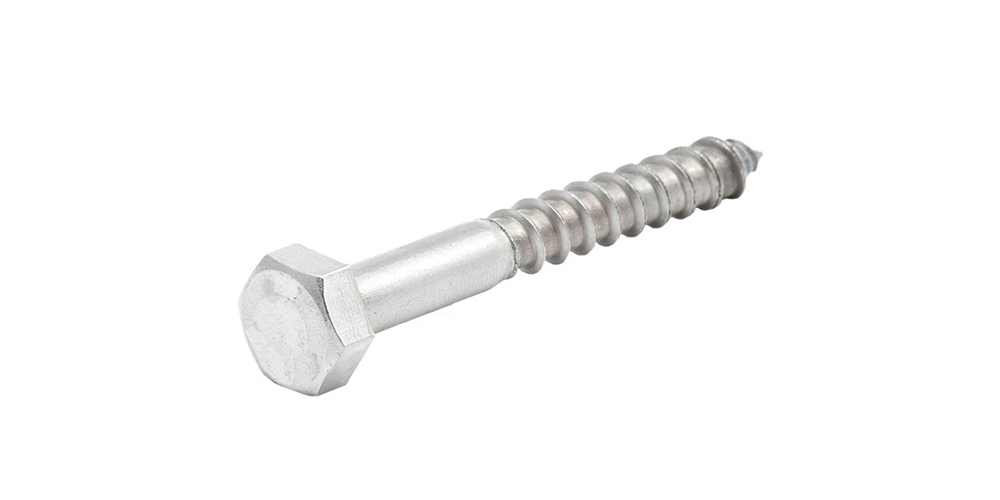Dingfastener is one of the best manufacturers of fastening materials like lag screws, nuts, and bolts. The company manufactures a wide range of nuts and bolts. They vary in type, uses, and the kind of materials from which they are made. In this post, we look at some standard nut and bolt materials.
Common materials used to make nuts and bolts
The market is packed with a wide range of nuts and materials made from different materials. Some of these materials include:
1. Steel and alloy steel
Steel is one of the most common types of material used in the manufacture of nuts, bolts, and other fastening materials. The reason why steel is common boils to the facts it is one of the most robust materials. However, one common downside of steel is that it is prone to corrosion issues, which occurs when it is introduced to water. Thus, to prevent this issue and promote durability, steel can be subjected to different surface treatments like zinc and chrome plating or galvanization. Nuts and bolts made using steel are quite popular because they can be applied in different situations and materials. They are long-lasting, and various grades of steel can be used depending on the application.
Other than steel, nuts and bolts can also be manufactured from alloy steel. Alloy steel is a more robust version of steel. What happens is that regular steel is treated using heat to make it stronger. This means that nuts and bolts made using alloy steel are naturally more robust and they can be applied in the toughest of construction materials. Nuts made from alloy steel are not only healthy but brittle as well.
2. Alloy Bronze
Sometimes referred to as silicone bronze, alloy bronze is also commonly used to make nuts and bolts. Alloy bronze is made from a combination of copper and tin and minimal amounts of silicon. Nuts and bolts made from this kind of material are commonly used in boats and other marine environments because they do not suffer from corrosion issues. This material can also survive within salty water without any integrity challenges.
3. Chrome
Chrome is a common material used to plate and polish nuts and bolts. The material does not affect the performance of the products. However, it affects its appearance and durability. Chrome coating or plating helps to make the nuts and bolts resistant to corrosion. Note that chrome coated nuts and bolts are often very costly because of the material’s nature and the added advantages.
4. Aluminum
Like coated or galvanized steel (e.g., stainless steel), aluminum is also resistant to rust and corrosion. Bolts and nuts made from this material are exceptionally durable. They are also instrumental.
Conclusion
Other materials that can be used to make nuts and bolts are brass, plastic, and titanium. When selecting the best kind of material for nuts and bolts, the most important thing to consider is how you intend to use the products. You can also look into elements like the durability and strength of the materials.
